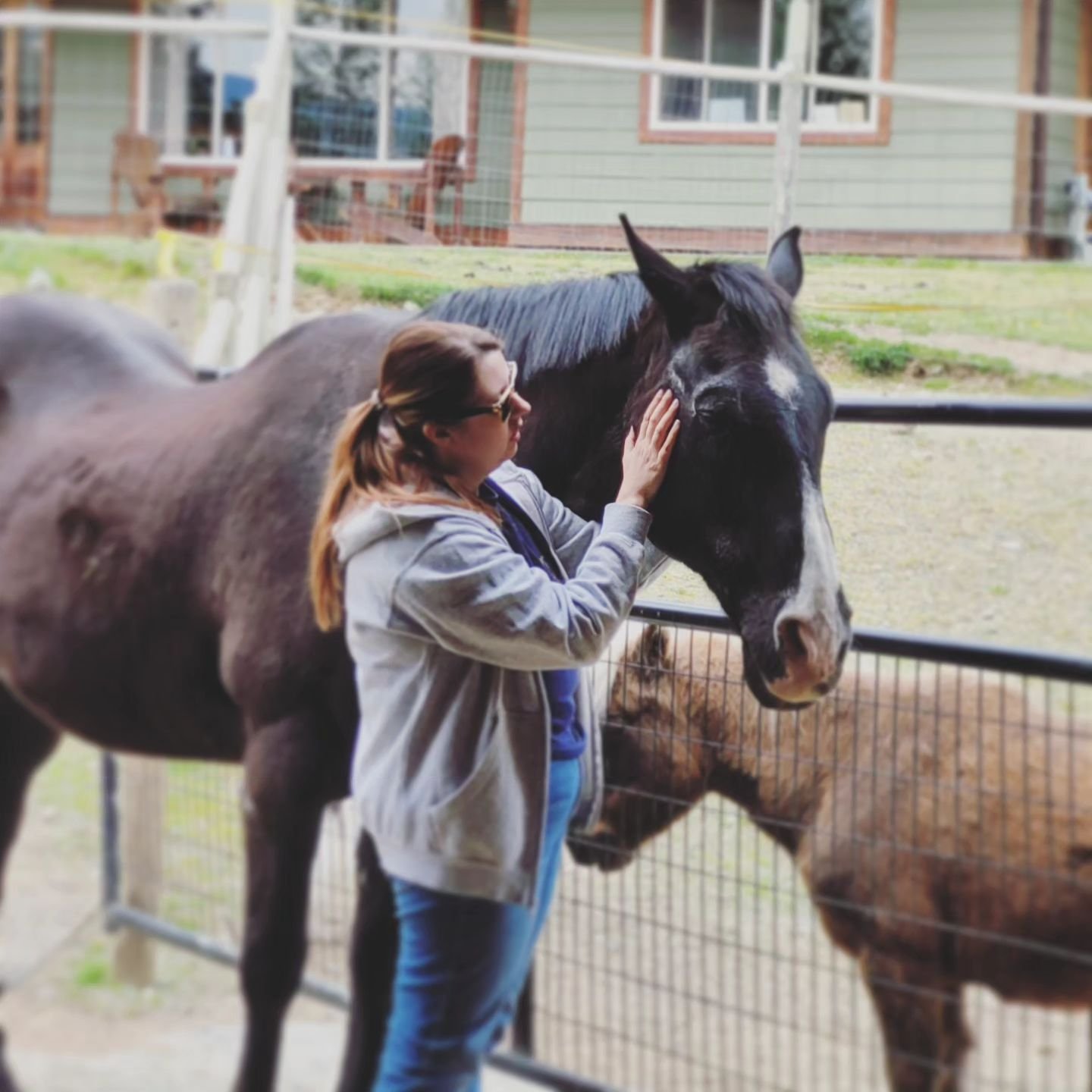Cross training is not just for horses, and it's not purely physical!
Read moreCross Training the Bodyworker - Not Just Physical
Cross training is not just for horses, and it's not purely physical!
Your Custom Text Here

Cross training is not just for horses, and it's not purely physical!
Cross training is not just for horses, and it's not purely physical!
Read more
Photo courtesy of AnnaBlake.com
"Ask 5 horsemen, get 10 opinions" - that joke, or some variation of it, has been around forever. Conflicting information and opinions about horse care is nothing new. But it is horribly exacerbated by social media. This is how I work through this problem.
Read more
Myofascial therapy, sometimes called myofascial release (MFR), is a hands-on therapy that works to relieve tension and restrictions in the fascial system. Fascia is the connective tissue network that surrounds and permeates all soft tissues, nerves, bones, and organs.
Read more
As an Equine Craniosacral Therapist, the ears are an important part of my work.
Horses are highly sensitive animals, and their ears play a critical role in interpreting their environment. Not only necessary for sensory input and communication with people and other horses, equine ears are also connected to other very important structures in the body, and their function plays a considerable role in the horse's overall health and comfort.
Equine bodywork practitioners generally focus on restoring balance to a horse’s musculoskeletal system. Most of the attention is often directed at the larger muscles and joints, and an area that can be overlooked is the horse's ears.
Read more
Photo by Kaiti Elliott
In this article, I'm going over what you can do at home with your horses to improve their well-being during the winter season.
Read more
There are so many ways to support a horse that is on rest from an injury. A common misconception that we see in the equine therapy/physio/bodywork industry is that such work only has value for horses if they are ridden regularly. When a horse is on rest, especially with a restricted movement recovery space (stall or paddock), it is vital to ensure that their body is receiving support throughout their recovery.
Read more
I read a very interesting study published earlier this year that validates what many horse people have already been seeing and experiencing. Through this study, researchers have developed a tool to aid in the assessment of musculoskeletal pain in horses. You can find the full research article cited at the bottom of this post.
Read more
What are some of the ways that I facilitate nervous system regulation for horses in my equine wellness sessions?
The importance of honouring the horse's nervous system in their environment, relationships, training, riding, bodywork, etc. cannot be denied when you see first hand what a positive difference it makes for their welfare.
The importance of honouring the horse's nervous system in their environment, relationships, training, riding, bodywork, etc. cannot be denied when you see first hand what a positive difference it makes for their welfare. What are some of the ways that I facilitate nervous system regulation in my equine wellness sessions?
Read more
Every once in a while I talk to someone who is interested in what I do, but comments that their horse doesn't really do much and therefore doesn't require any bodywork.
Everyone has a different opinion on whether any horse "requires" bodywork, but let's reframe it and pose this question - can a horse benefit from bodywork even if they "don't do much"? That I can confidently answer with a resounding yes!
Read more
If there is one piece of advice I can offer to both new equine bodyworkers and to human partners of horses, it would be this: whatever you are doing, do it softer. When you think you're being soft, be softer still.
Intention is a form of energy that I find most people struggle to control around their horses. Equine therapists have to learn this skill quickly because without it, many horses - especially if they have pain or anxiety - will refuse our touch. It's an ongoing skill development that doesn't occur overnight and is never fully learned. But it is an easy one to begin and when you do, you will notice a significant shift in how your horse responds to you.
Read more